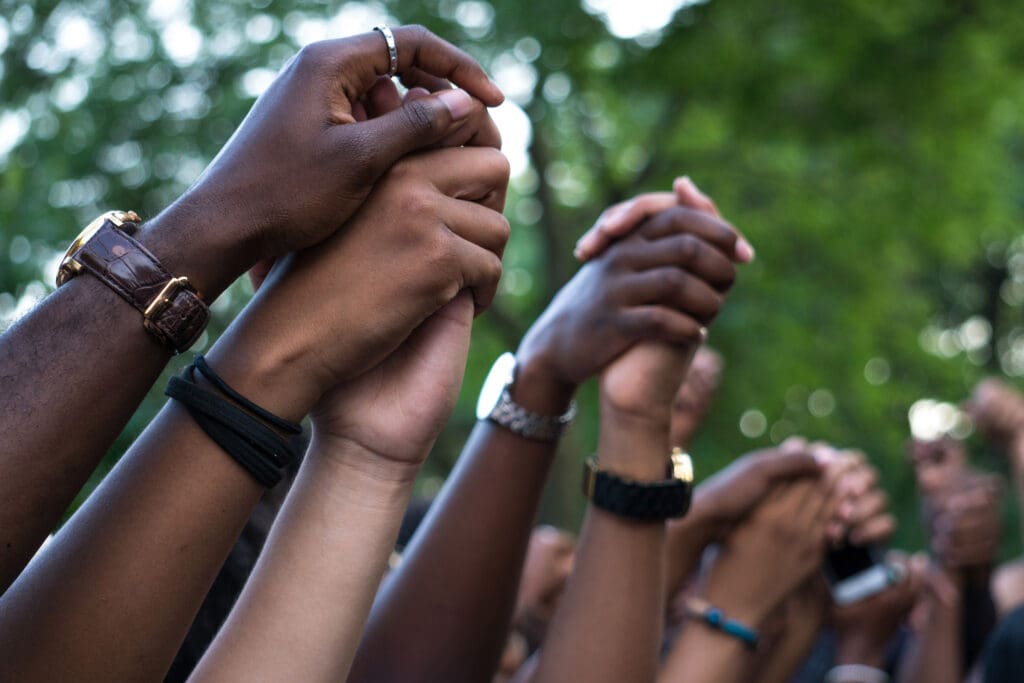Four Years Later: The $50 Billion Corporate Pledge to Combat Racism

By: Sam Conway
After the murder of George Floyd ignited a series of nationwide protests against police brutality and systemic racism, companies took to social media with bold announcements, pledging nearly $50 billion to anti-racism efforts across the United States.
It’s been over four years, and corporate America has yet to make good on these promises. In 2021, The Washington Post concluded that 50 of the largest pledgers had disbursed just $1.7 billion of the promised sum ($49.5 billion)—and in recent years, those numbers have shown little improvement. More alarming, however, is that of the funds allocated, a significant portion were loans or investments backed by corporations including JPMorgan Chase and Bank of America, which, despite their philanthropic appearance, often conceal profit motives, raising questions about the sincerity of commitments to social justice.
In fact, only a small fraction of the pledged amounts have been directed towards criminal justice reform, one of the primary issues at hand. And, because companies are not required to disclose detailed information about their contributions, we’re left to question whether funds are being used effectively, if at all. As the lasting impacts of this failure start to emerge, and suspicions of corporate cause-marketing and obfuscation in the loan distribution process heighten, it has become increasingly clear that we need solutions, and fast.
Despite this, many companies still lack a comprehensive, transparent DEI strategy. Notably, an absence of standardized metrics for measuring the effectiveness and impact of initiatives makes it difficult to compare outcomes across organizations or industries and to hold companies accountable for their commitments. As a consequence, the definitions of success for DEI initiatives are often vague or overly broad. Lasting commitments require active involvement from senior leadership. But, as is too often the case, responsibility is delegated to specialized departments without sufficient integration into the broader corporate ecosystem.
Corporations should prioritize tangible goals and proper integration over performative gestures. This means establishing clear benchmarks, transparent reporting mechanisms, and independent audits to ensure accountability. Because fostering a genuine commitment to social justice requires more than just financial pledges. It involves creating a corporate culture that prioritizes inclusivity and equity; something that may be achieved through comprehensive training programs, equitable hiring practices, and meaningful engagement with affected communities.

